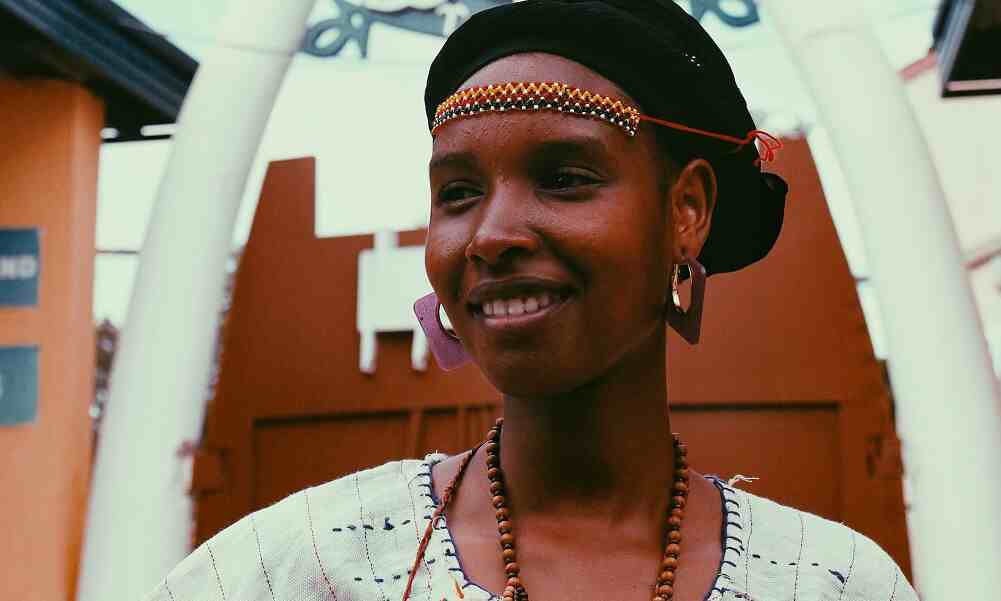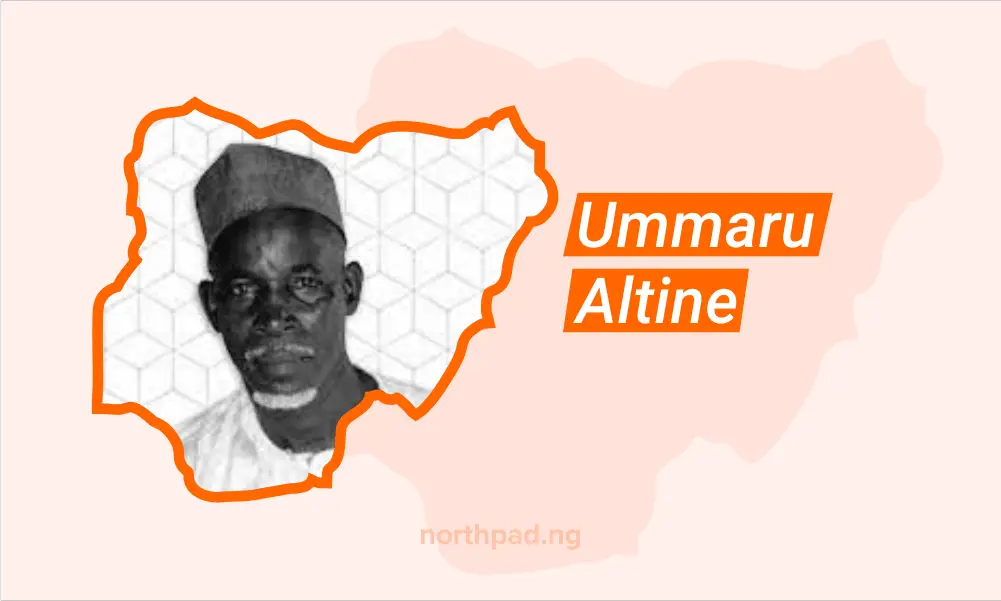
The Intriguing Story of Fulani Dress Styles
The Fulani dress styles are very beautiful and well-recognized, just like the Hausa royal attires. The Fulani culture itself is a well-known diverse and rich one. The Fulani are a member of a pastoral and nomadic people of mixed African and Mediterranean ancestry with their unique Fulani dress styles. They are known to be migrants, always, mostly moving from one place to another.
The Fulani cultural attire is what is referred to as ‘Mudukare’ which is worn by the women. It is a sleeveless crop top worn with a wrapper, while the Fulani men usually put on a long sleeveless shirt, with shorts or some long trousers. The men put on a conical hat called a ‘Noppire’. The shirts the men wear have a particular pattern; the shirts have a geometric design and they are usually embroidered.
The Fulani dress styles consist of mostly cotton or sometimes they are made of leather. Both the men and women for the most part are known for their physical attractiveness. The pointed noses and long hair for the women and full hair for the men.
History of Dress Styles
Fulanis are also called ‘Peul’ in French or referred to as ‘Fulbe’. They are known to mostly practice Islam as their religion and are now scattered throughout many areas of West Africa. The Fulani mode of dressing depends on the region they come from and they are distinct from the Hausa tribe.
Some wear the typical white or black cotton material thread embroidered with red, green, and blue mostly in some parts of African countries like; Nigeria, Niger, and also Cameroon.
Whereas, in Central Guinea, the men are said to wear hats with colorful embroidery as their Fulani dress attire. Another mode of dressing comes from the Fulbe Wodabaabe; they are known for putting on long flowing embroidered robes or decorated robes which are said to be very colorful.
After listing the above, it is now a known fact that there are different regions with their different Fulani dress styles. Mostly when a child is born, the child is marked, given a tribal mark on his or her face, or, arms, or any part of their body.
Fulani Attire for Males

1. The Fulani dress attire for males consists of a sleeveless shirt with shorts that go below the knee, also known as three-quarter shorts.
2. They mostly have their hats which are multi-colored or plain, which is known as ‘Noppire’, and a stick that is usually held across their shoulders with their hands hanging over the stick.
Recently, Fulanis are associated with Hausas which are kind of overlapping the Fulani attire. It should be a known fact that Fulanis are different from Hausas and their attires differ as well.
After coming down to West Africa, the Fulanis embraced the Hausa culture but they still hold their culture and heritage in high regard.
Fulani Attire for Females

This is called the ‘Madukare’. As we are aware of how females love to adorn themselves almost everywhere, it is no different for the Fulbe ladies too.
They love to adorn their skin, the hand, arm, feet, and legs with henna, decorate their hair, and put on bangles, necklaces, and also earrings. The Fulani dress styles for females differs from the region and in West Africa; in Nigeria, the attire is a sleeveless crop top worn over a wrapper. It is embroidered with a red, blue, and green thread on white or black cotton. Though a lot of things are being modernized, some are made of blue cotton, dark blue to be precise.
Fulanis are known for their exquisite beauty, with their pointed noses and long, soft hair, both the males and females are mostly known for their long slender figures.
1. The female Fulanis decorate their hair with cowrie shells and beads.
2. Fulani women also adorn themselves with bracelets that are thick and which some may have engravings on them/
3. The female Fulani dress attire is put together with gold earrings, which are mostly twisted and referred to as ‘Dibi’
4. Also, they wear their Fulani dress attire with necklaces which are also handmade necklaces known as ‘Caaka’.
5. They usually adorn themselves with amulets known as ‘Lohol’.
6. The Fulani women love to wear beads around their waist.
Bottom line, they love jewelry and are known to always adorn their heads, hands, nose, ears, and waist. If you are to come across a Fulani lady and get the chance of marrying her, you will be one lucky man. The same goes for the females getting married to Fulani men.
Fulani Traditional Wedding Attire

The importance of a wedding is known to all. On this blissful occasion, both the bride and the groom all want to look their best by dressing and adorning themselves. The groom wears a sleeveless shirt with embroidery that differentiates him from the rest, with his shorts and his ‘Noppire’ hat. The women on the other hand wear their crop sleeveless tops which have recently been made longer to cover up the stomach.
The bride’s hair is adorned with big braids or any other known Fulani hairstyles and beads, silver coins, or cowrie shells. The bride’s hands, feet, and legs are designed with henna.
The bride wears gold bracelets, earrings, and necklaces. The bride’s waist is also adorned with beautiful beads. Also among the adornment is beautifying the bride’s forehead with beads.
The bride is expected to have a decorated calabash that is covered with a little colorful beaded bag to go along with her attire in one of the spectacular Fulani dress styles you can find.
Conclusion
Writing about the spectacular Fulani culture can absolutely fill up a lot of blank pages with new interesting facts about the beauty of the culture and the radiance that comes with it, especially the Fulani dress styles.
FAQs
What is the name of the Fulani men’s hat?
Noppire.
What is the covering of the calabash called?
Fai Fai
Are Fulanis Hausa people?
Fulanis are not Hausa people; they are a tribe with a beautiful culture. Coming down to the north and mixing up with the Hausa people led to the confusion that a Hausa person is also a Fulani person.
What do Fulbe people speak?
They speak Fulfulde.
Do Fulanis have a particular origin?
They are known to be nomads. They mostly come from the Middle East and North Africa, which they later spread all around West Africa.

